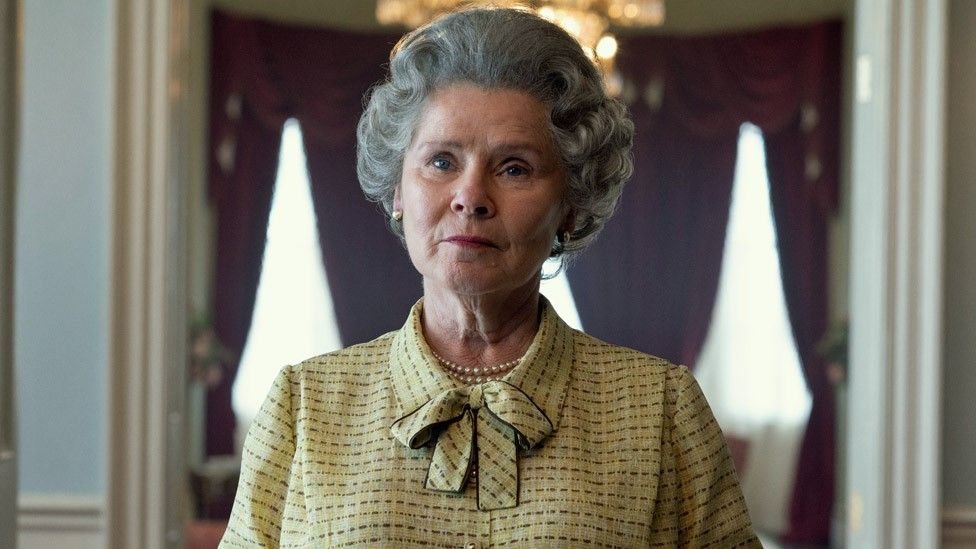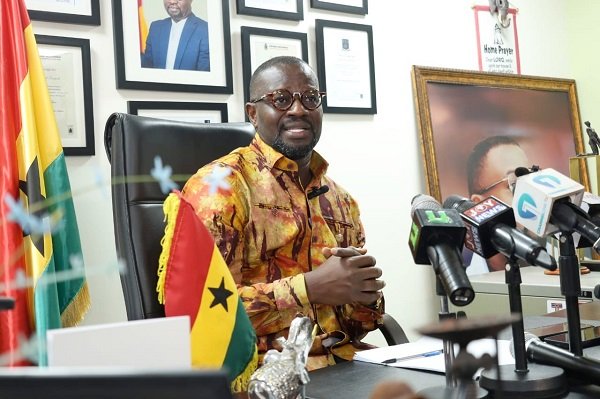Hot!
Netflix hints at password sharing crackdown as subscribers fall

Netflix has hinted it will crack down on households sharing passwords as it seeks to sign up new members following a sharp fall in subscribers.
Some 200,000 people left the streaming service in the first three months of the year as it faced intense competition from rivals.
It was also hit after it raised prices in some countries and left Russia.
Netflix warned shareholders another two million subscribers were likely to leave in the three months to July.
“Our revenue growth has slowed considerably,” the firm told shareholders on Tuesday after publishing its first quarter results.
“Our relatively high household penetration – when including the large number of households sharing accounts – combined with competition, is creating revenue growth headwinds.”
The streaming giant estimates more than 100 million households are breaking its rules by sharing passwords.
Boss Reed Hastings previously described the practice as “something you have to learn to live with”, adding that much of it is “legitimate” between family members. The firm also said account sharing had probably fuelled its growth by getting more people using Netflix.
But on Tuesday Mr Hastings said it was now making it hard to attract new subscribers in some countries.
“When we were growing fast, it wasn’t a high priority to work on [account sharing]. And now we’re working super hard on it,” he told shareholders.
The firm said that measures it is testing to curb password sharing in Latin America could be rolled out to other countries, with accounts that break the rules charged extra.
Lucas Shaw, who writes the Screentime newsletter for Bloomberg news, told the BBC that password sharing had been an issue for Netflix “for a long time” but was by no means its biggest challenge.
“It feels like the company is trying to identify an area of potential growth,” he told the Today programme.
“They’ve tried to curb password sharing in the past and had a very hard time.”
Shares in the streaming giant plunged more than 25% in after-hours trading following the news, wiping more than $30bn (£23bn) off the company’s market valuation.
Subscriber exodus
The last time the company lost members in a quarter was October 2011 and it warned that many more people would cut ties this year.
The firm remains the world’s leading streaming service, with more than 220 million subscribers, but it said a surge in sign-ups during the pandemic had “obscured the picture” around its growth.
Analysts say people are cutting back on streaming as they look to save money and feel overwhelmed by the volume of content available.
Netflix also faces intense competition as firms such as Amazon, Apple and Disney pour money into their online streaming services.
Paolo Pescatore, an analyst at PP Foresight, said the subscriber loss was a “reality check” for Netflix, as it tries to balance retaining subscribers with raising its revenue.
“While Netflix and other services were key in lockdown, users are now thinking twice about their purchasing behaviour based upon changing habits,” he said.
North America especially is “now awash with too many services chasing too few dollars”, he added.
Russia hit
Pulling out of Russia, a step Netflix took following the war in Ukraine, cost it 700,000 subscribers, Netflix said.
Another 600,000 people stopped its service in the US and Canada after its put up prices, it added.
Netflix said that move was playing out “in line with expectations” and would yield more money for the firm, despite the cancellations.
Its revenue in the first three months of the year was $7.8bn (£6bn), up 9.8% compared with the same period last year.
That marked a slowdown from earlier quarters, while profits fell more than 6% to roughly $1.6bn.
As it looks to grow, the firm said it was focused on international markets and was also looking at bringing advertising into its services.
Mr Hastings said it was “pretty clear” that ad-supported services were working for Disney and HBO.
“Those who have followed Netflix know that I’ve been against the complexity of advertising, and a big fan of the simplicity of subscription,” he said. “But, as much as I’m a fan of that, I’m a bigger fan of consumer choice.”
Analysts say the rising cost of streaming services was starting to wear on households.
Source: BBC
Hot!
Ghana Showcases Culture and Investment Potential at ITB Berlin 2026

Ghana Tourism Authority is leading Ghana’s participation at ITB Berlin, which opened in Berlin with a vibrant national pavilion highlighting Ghana’s rich cultural heritage, tourism destinations and investment opportunities.
March 5 has been designated as Ghana Day, a special platform to promote Ghana’s languages, cuisine, Kente, festivals and business prospects to the global tourism community. The stand has already drawn strong interest with traditional arts and crafts displays, immersive multimedia presentations and popular Ghanaian snacks.
Seven private-sector players are exhibiting alongside government officials as part of efforts to deepen trade partnerships, expand market access, and attract investment across the hospitality, heritage tourism, ecotourism, and creative arts sectors.
Ahead of the official opening, the Ghana delegation also engaged young Ghanaian investors in Germany in collaboration with V Afrika-Verein and the Ghana Embassy, strengthening diaspora investment linkages and highlighting opportunities within the tourism value chain.
Ghana’s coordinated presence at ITB Berlin 2026 reinforces its strategy to position the country as the Gateway to Africa and a competitive destination for leisure travel and global investment.
Hot!
Annoh Dompreh raises alarm over DACF arrears, calls for payment of contractors

The Member of Parliament for Nsawam Adoagyiri, Frank Annoh Dompreh, has expressed concern over delays in the release of the District Assemblies Common Fund, warning that the situation is stalling development across the country.
On his facebook page, he described as a matter of urgent national importance, the Minority Chief Whip pointed to what he sees as a growing crisis of unpaid contractors, abandoned projects, and halted infrastructure works in many districts.
He noted that several communities are grappling with half completed schools, unfinished health facilities, abandoned markets, deteriorating roads, and stalled sanitation projects.
According to him, many contractors who have executed projects for district assemblies have not been paid, forcing some construction firms to demobilise from sites while workers lose their jobs.
He stressed that the District Assemblies Common Fund is not a discretionary allocation but a constitutional requirement under Article 252 of the 1992 Constitution, intended to support development at the local level.
In his view, years of delayed releases and accumulated arrears have weakened district development financing and disrupted projects meant to improve living conditions in communities.
He further argued that some payments made in recent years were largely the settlement of old debts rather than funding for new or ongoing projects, a situation he believes has affected contractor confidence and local economic activity.
He described the issue as more than a budgetary challenge, characterising it as a development emergency and a governance concern.
He therefore urged the appropriate authorities to pay outstanding DACF arrears, settle contractors who have completed their work, and ensure that transfers to districts are automatic and predictable.
He maintained that decentralisation can only succeed when district assemblies receive adequate and timely funding to carry out development projects.
He emphasised that stalled projects directly affect ordinary citizens, since they rely on such infrastructure for education, healthcare, transportation, sanitation, and economic activities.
He called for renewed attention to grassroots development, insisting that national progress should not be concentrated only in major cities but extended to all communities.
By: Jacob Aggrey






